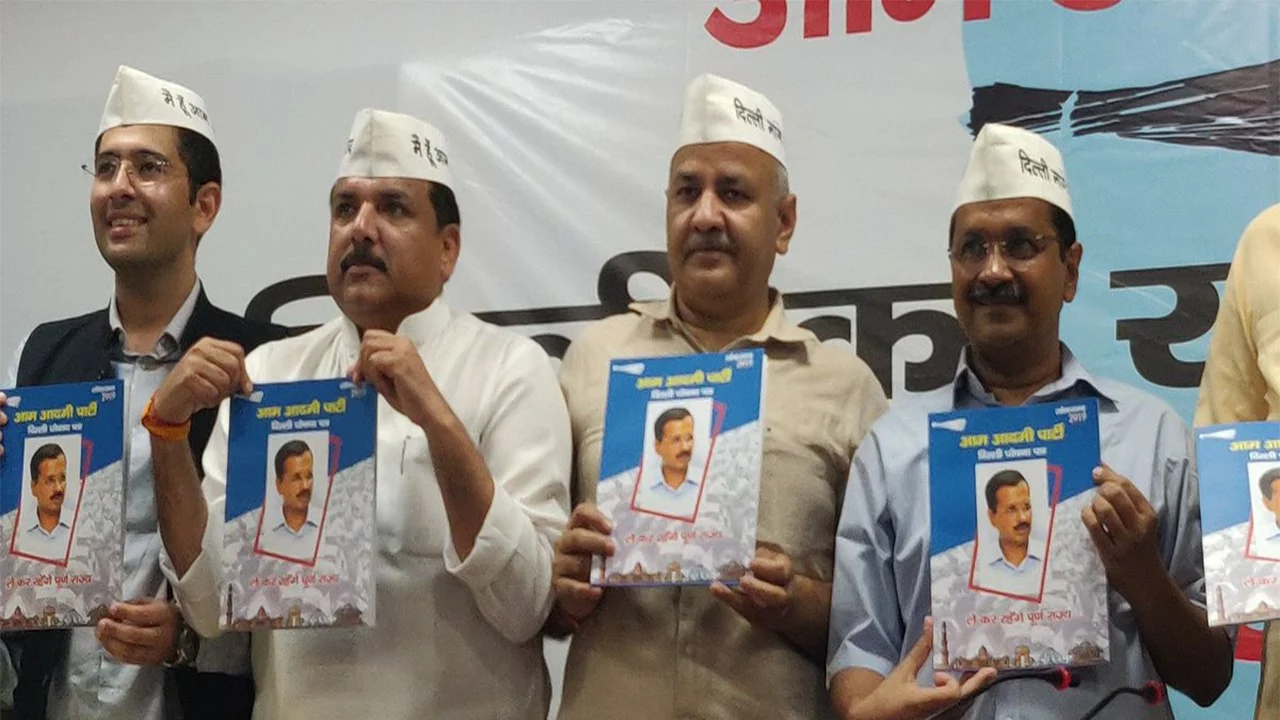Statehood: why state status still shapes daily life in India
Statehood can sound like a legal label, but it decides taxes, police rules, health care priorities and who runs schools. When a state’s status changes or a government collapses, ordinary people feel it fast: jobs, public services and local laws can shift in months, not years.
So what does "statehood" mean in simple terms? It’s the legal and political status a region holds within India’s federal system. Parliament has the power to create, merge or change states — that’s the short version. Beyond law, statehood is a mix of identity, administration and money: people want closer government, better services, or recognition of their language and culture.
How state issues show up in news
Keep an eye on a few things when tracking state stories: assembly floor tests and government stability, Supreme Court rulings that affect state powers, and central decisions that redraw borders or change status. For example, a floor test during a political crisis can determine which party runs the state — and that affects local policy, appointments and projects. That’s why stories about MP’s floor test or how a Chief Minister’s fate changes national politics get big attention.
Local controversies also matter. Debates over recruitment fairness, like questions about caste preference in police hiring, affect trust in state institutions. Health policy is another area where state status makes a direct difference: private hospitals and state-run facilities often follow different rules, and privatization debates change how affordable care is for residents.
What to watch and how to read statehood coverage
When you read a statehood story, ask a few quick questions: Who gains power if this change happens? Which services will shift? Is the move legal under the Constitution or likely to be challenged in court? If a state government is replaced or restructured, look for fast changes in local administration, funding priorities and law enforcement leadership.
Not every headline means an immediate change. Some demands for new states or special status stay political for years. Others, like a court order or a parliamentary act, can produce quick, real effects. News items on state politics — from recruitment disputes to health policy and leadership changes — often signal what residents can expect next.
Want to follow updates? Watch assembly proceedings, look out for Supreme Court notices, and track official government orders. Our tag collects reporting on these developments so you can see the practical side of statehood: who decides, who benefits, and what it means for people on the ground. Check back often for new local reports, legal updates and political analysis tied to statehood issues across India.
Why can't Delhi be a full-fledged state?
Delhi is a major metropolitan area in India, yet it still isn't officially considered a full-fledged state. This is an injustice that many Delhi residents would love to see rectified. The city is home to nearly 20 million people and has a thriving economy, making it a prime candidate for statehood. Delhi has its own transportation system, local government, and judicial system, all of which are indicators that it is ready for statehood. Ultimately, full-fledged statehood for Delhi would bring much needed economic and political stability to the region, as well as increased investment and development. It's time for Delhi to be given the recognition it deserves and become a full-fledged state.
View more